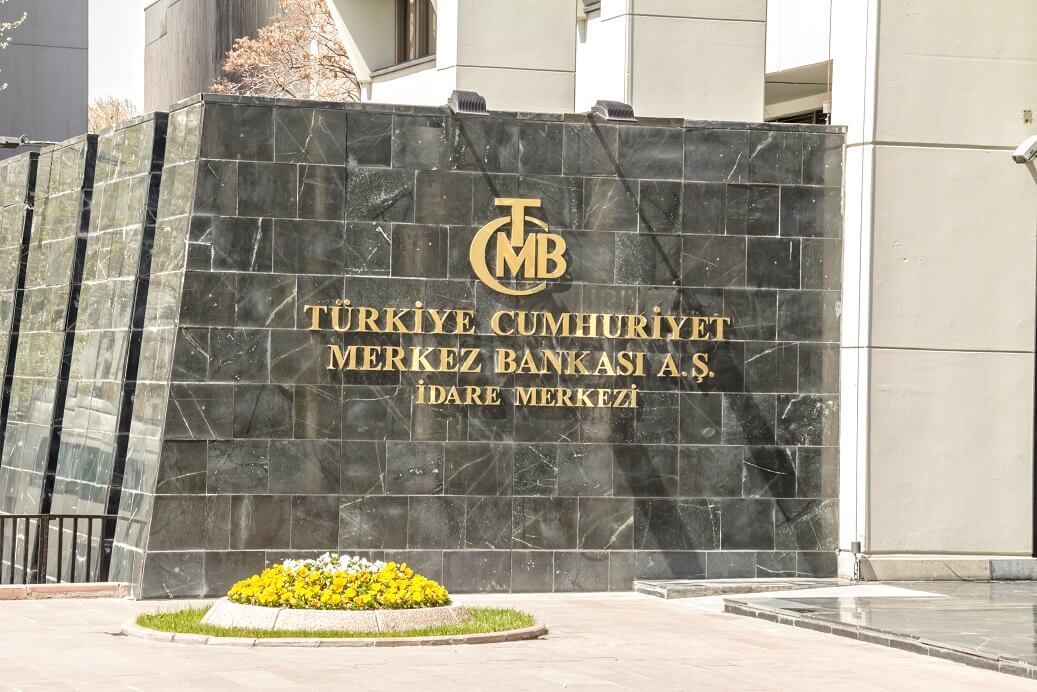Central Bank Digital Currency: Turkey’s Central Bank Conducts First Transactions of Digital Lira – Will Other Countries Follow Suit?

The Central Bank of the Republic of Turkey (CBRT) has completed the first trial of its central bank digital currency (CBDC), the Digital Turkish Lira.
The country’s central bank issued a press release on December 29, stating that,
“In the scope of the first-phase studies of the Digital Turkish Lira Project, conducted under the leadership of the [CBRT], the first payment transactions on the Digital Turkish Lira Network were executed successfully.”
Turkey is not the only country exploring the use of central bank digital currencies (CBDCs). In fact, many countries are considering the implementation of digital fiat as a means of modernizing their financial systems and increasing financial inclusion. China, for example, has been at the forefront of the CBDC movement and has recently expanded its digital yuan pilot to include additional cities. Additionally, Hong Kong and Mainland China are set to launch the first cross-border pilot project for the digital yuan
The National Bank of Ukraine (NBU) introduced a draft concept for its CBDC, digital hryvnia, or e-hryvnia, at the end of November, and at that time India‘s central bank said it would undertake the first pilot for retail digital currency on December 1, with four local banks and four major cities participating in the pilot. Furthermore, the Japanese central bank could begin piloting the digital yen as early as spring 2023 and will reportedly start a trial involving “consumers and private sector companies.”
It is expected that more nations will begin exploring the use of central bank digital currencies in the near future.
2023 will be a big year for the digital Turkish Lira
The press release suggested that there are many further developments awaiting the CBDC project in the year to come.
Primarily, the testing of the digital currency will continue throughout 2023. Specifically, the bank will continue to run limited, closed-circuit pilot tests with technology stakeholders in the first quarter of 2023. It will then share the findings with the public in “a comprehensive evaluation report.”
Furthermore, the press release said, “The CBRT will expand the Digital Turkish Lira Collaboration Platform to involve selected banks and financial technology companies, and will unveil advanced phases of the pilot study that will further widen the participation.”
Therefore, it plans to continue running tests for “authentic architectural setups” designed in specific areas, including the use of distributed ledger technologies in payment systems and the integration of these technologies with instant payment systems, it said.
Meanwhile, as reported, inflation has been wreaking havoc on the Turkish economy. Official figures published in September put year-on-year inflation in Turkey at 80%, while unofficial measures suggested real inflation topped 140% as far back as April. Per Reuters, inflation peaked around 85.5%, a 24-year high, in October, while the country’s annual inflation is expected to fall sharply to 66.8% in December due to a favorable base effect but to drop only to 43.2% by the end of 2023. This said many of Turkey’s citizens have found a way of lessening the impact of inflation in cryptocurrency.
Also, Turkey was named as one of the top 10 countries most impacted by crypto exchange FTX‘s infamous implosion, taking the 6th place, per a report by Coingecko.
____
Learn more:
– Chinese Central Bank Updates Digital Yuan App, Adds Gift Functions
– Central African Republic to List Sango in 2023
– Ukrainian & Indian CBDCs
– Japanese Credit Card Giant JCB Begins CBDC Pilot in Tokyo
– Fiat Fears Intensify as Turkey’s Inflation Runs Wild; Citizens Turn to Bitcoin, Tether
– Turkey (Unintentionally) Builds Case for Bitcoin as It Plans to Convert Citizens’ Gold to Lira




